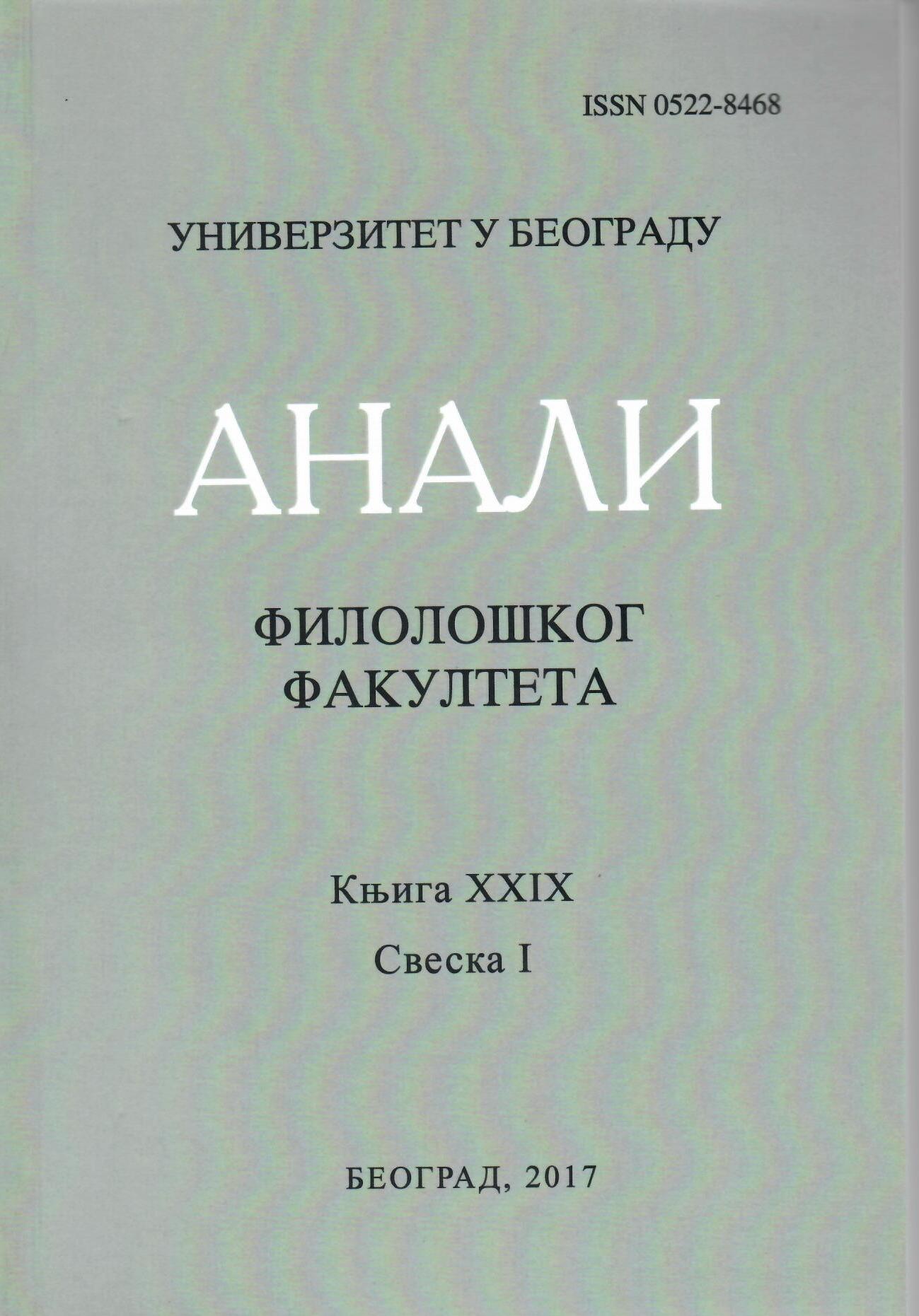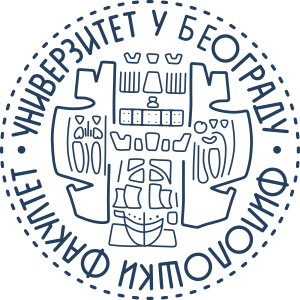“Watchmen” by Alan Moore and Dave Gibbons: A Presentation of Moral Dimension in Popular Culture
DOI:
https://doi.org/10.18485/analiff.2017.29.1.14Кључне речи:
popular culture, comic book, Watchmen, moral consequentialism, moral non-consequentialism, authority, responsibility, moral judgement, politics and ideology, scienceАпстракт
This paper examines the presentation of moral dimension in the comic book Watchmen by writer Alan Moore and illustrator Dave Gibbons. It argues that Watchmen engages this issue through juxtaposition of different philosophical views on morality, most notably that of moral consequentialism and moral non-consequentialism. The varying views are examined in relation to ethical principles of authority, responsibility and moral judgement and the way they inform the individual characters’ moral choices, but also in terms of how they inform politics, ideology, and science. Instead of formulating a critique or affirmation of any view, Watchmen perceives them as a means of rationalising the use and/or abuse of power and offers a tentative warning about the dangers of ossification inherent to any value system. This paper aims to show how the refusal to side with any particular view actually indicates that Watchmen purposes for the readers to engage these issues themselves. Furthermore, it aims to affirm the literary and cultural relevancy of the graphic novel as a popular art form.
Downloads
Downloads
Објављено
Број часописа
Рубрика
Лиценца

Овај рад је под Creative Commons Aуторство-Дели под истим условима 4.0 Интернационална лиценца.
Authors who publish with this journal agree to the following terms:
- Authors are confirming that they are the authors of the submitting article, which will be published (print and online) in the journal Anali filološkog fakulteta by the Faculty of Philology, University of Belgrade (Faculty of Philology, Studentski trg 3, 11000 Belgrade, Serbia). Author’s name will be evident in the printed article in the journal. All decisions regarding layout and distribution of the work are in hands of the publisher.
- Authors guarantee that the work is their own original creation and does not infringe any statutory or common-law copyright or any proprietary right of any third party. In case of claims by third parties, authors commit their self to defend the interests of the publisher, and shall cover any potential costs.
- Authors retain copyright and grant the journal right of first publication with the work simultaneously licensed under a Creative Commons Attribution-ShareAlike 4.0 International License that allows others to share the work with an acknowledgement of the work's authorship and initial publication in this journal.
- Authors are able to enter into separate, additional contractual arrangements for the non-exclusive distribution of the journal's published version of the work (e.g., post it to an institutional repository or publish it in a book), with an acknowledgement of its initial publication in this journal.
- Authors are permitted and encouraged to post their work online (e.g., in institutional repositories or on their website) prior to and during the submission process, as it can lead to productive exchanges, as well as earlier and greater citation of published work.





